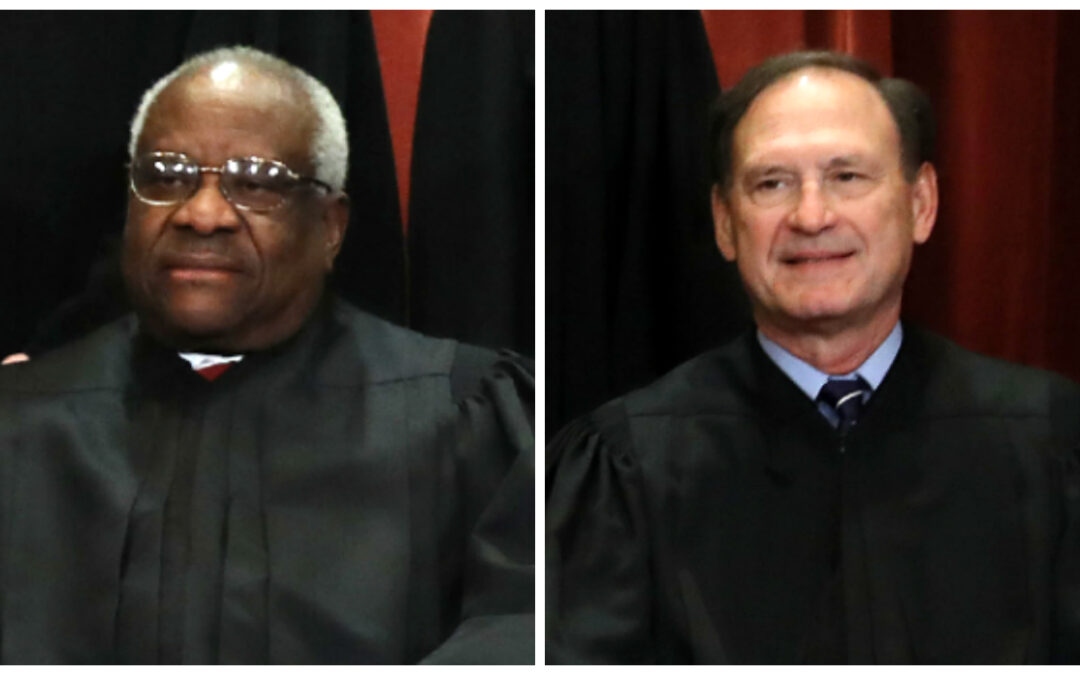 Don Mayer, July 3, 2023 The U.S. Supreme Court has wrapped up its 2022/23 agenda with the usual array of arresting (and sometimes controversial) opinions, including a notable set-back for affirmative action in the Students for Fair Admissions v. Harvard case. What’s...
Don Mayer, July 3, 2023 The U.S. Supreme Court has wrapped up its 2022/23 agenda with the usual array of arresting (and sometimes controversial) opinions, including a notable set-back for affirmative action in the Students for Fair Admissions v. Harvard case. What’s...
 Ethics and the Coronavirus When I was just 4 years old, in 1953, my sister and I lined up at the public library to get our polio vaccine in little sugar cubes. One of the girls in our first grade had crutches from her bout with polio, but otherwise we were spared from...
Ethics and the Coronavirus When I was just 4 years old, in 1953, my sister and I lined up at the public library to get our polio vaccine in little sugar cubes. One of the girls in our first grade had crutches from her bout with polio, but otherwise we were spared from...




